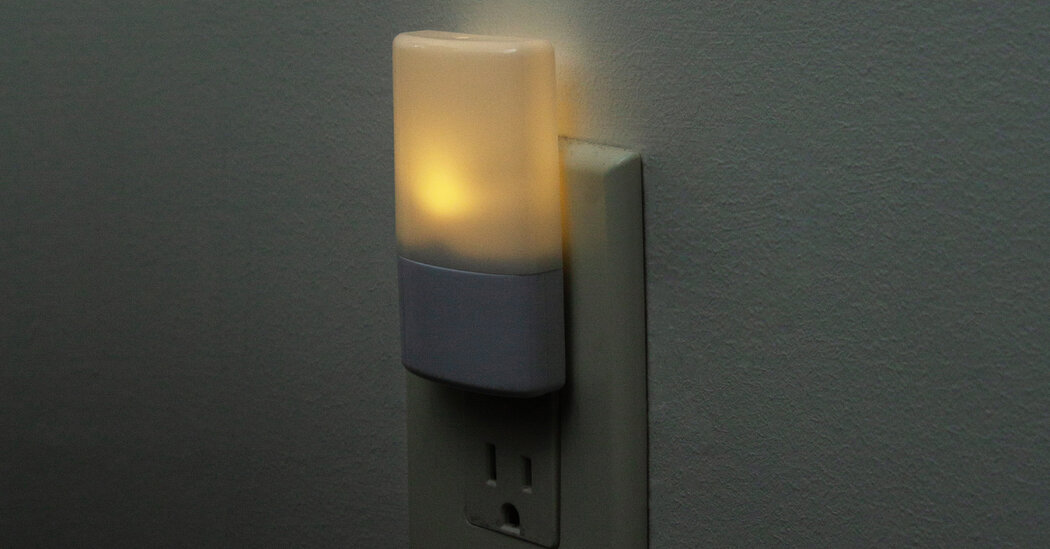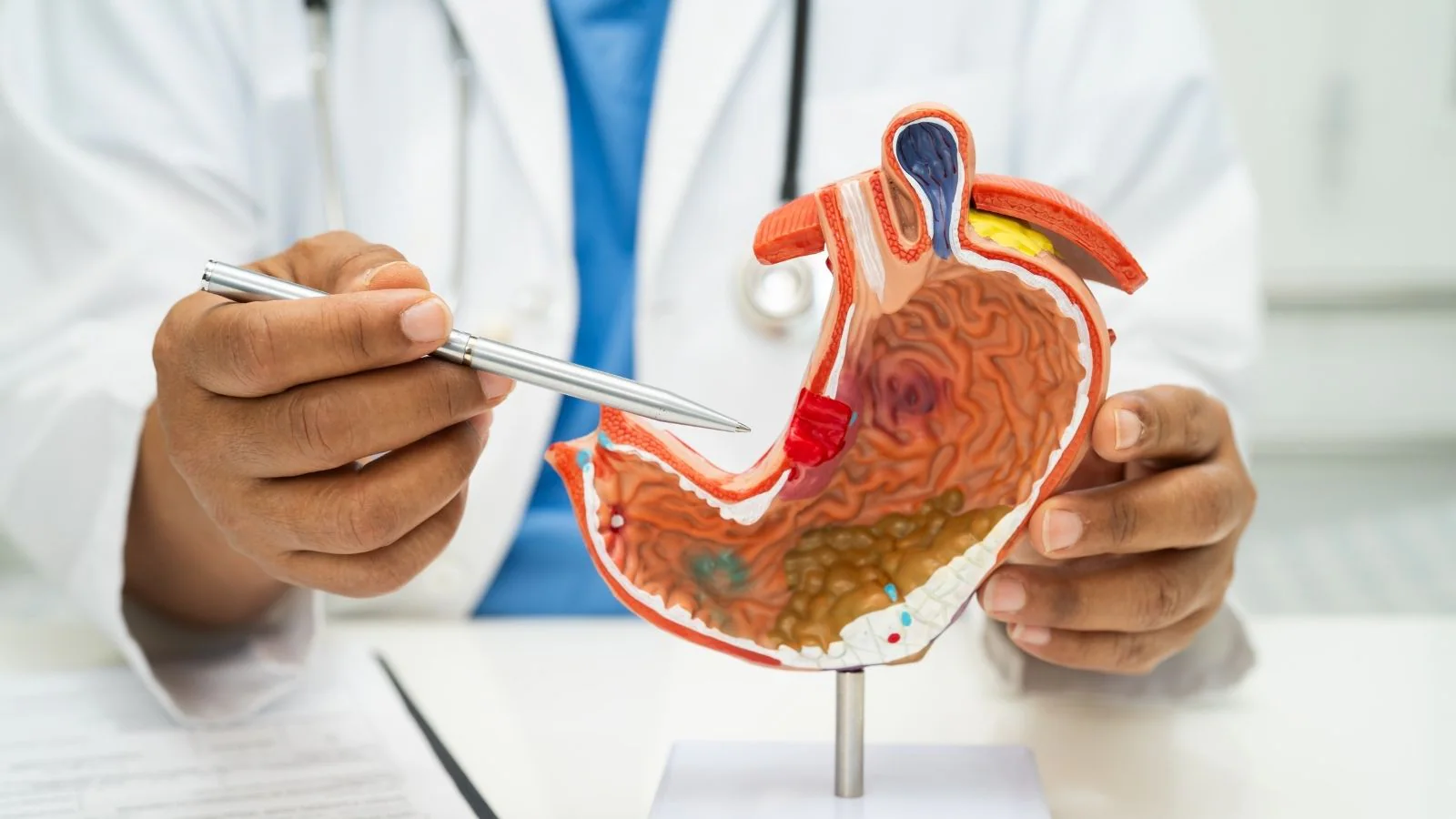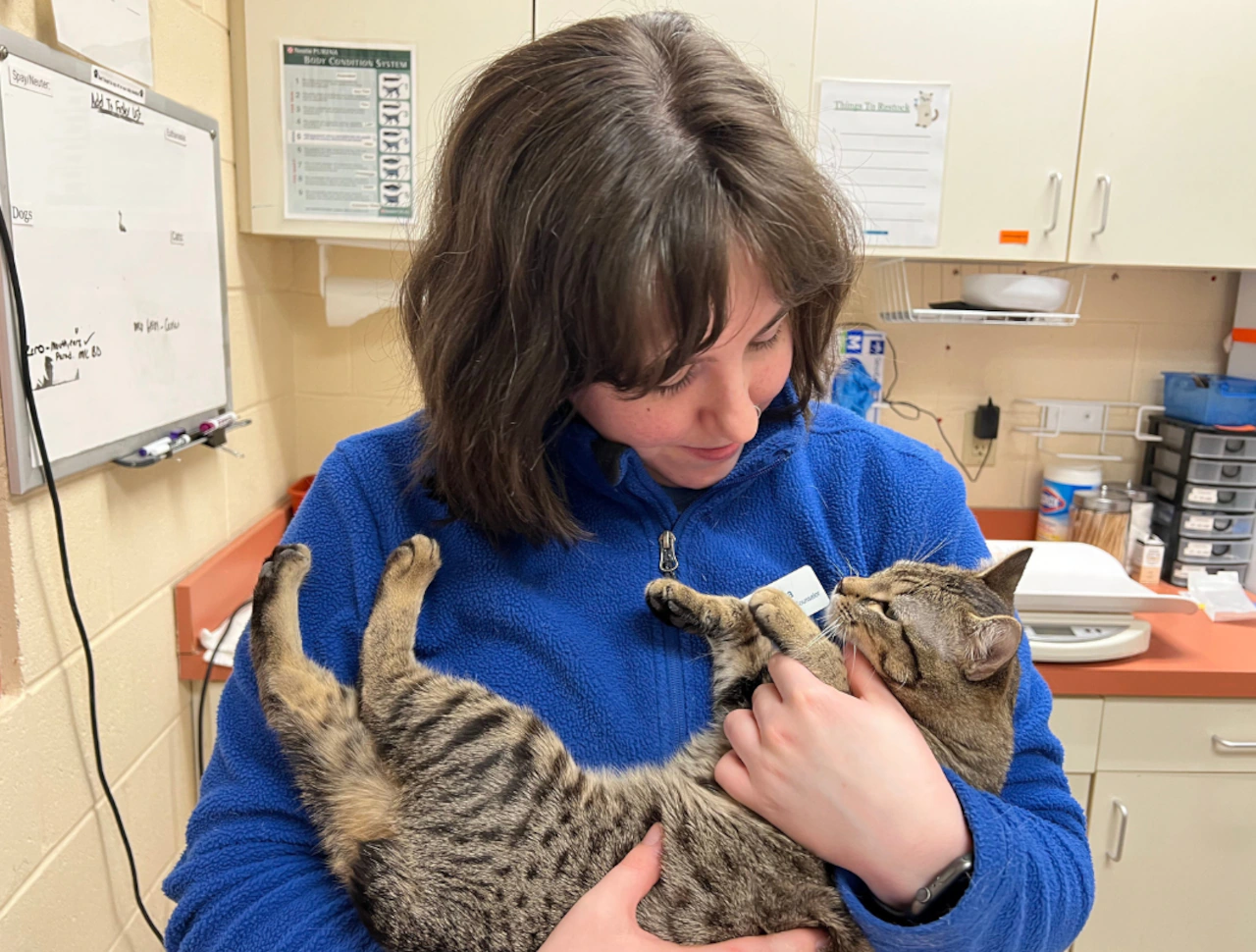Copyright The New York Times

Q: I constantly have to get up at night to urinate. Is there anything I can do about this? Nightly trips to the bathroom are normal: About a third of adults over 30, and half over 65, do so. Waking up to relieve your bladder, formally known as nocturia, is only a medical issue if you have to do it more than twice a night — or if you have trouble going back to sleep afterward, said Dr. Jeffrey Weiss, chair of urology at SUNY Downstate Health Sciences University. “It’s a symptom,” he said, “but not a disease.” While urinary issues like an infection or overactive bladder may be to blame, conditions like diabetes, heart disease and sleep apnea can also cause nocturia. We asked experts what to watch out for and how to cut down on nighttime bathroom trips. What causes nocturia? At the most basic level, nocturia happens for two reasons: Your body is producing too much urine at night, or your bladder can't hold as much as it used to. About a third of people deal with both. Age is a major risk factor. When you’re young, your body produces most of its urine during the day, but as you get older, urine production shifts toward the night because of hormonal changes and declines in kidney function, said Donald Bliwise, a sleep specialist at Emory University Medical Center. Aging is also linked to less elastic bladders, weaker pelvic floor muscles and enlarged prostates. As a result, older adults often experience nocturia more frequently, said Dr. Alayne Markland, chief of geriatrics at University of Utah Health. But there are several conditions that can make nocturia more likely at any age. For example, diabetes and high blood pressure can cause your kidneys to work overtime to produce urine, increasing the risk of nocturia. During pregnancy, your uterus might press on the bladder, causing frequent urination. Additionally, your legs and ankles can swell up, and when you lie down, this fluid moves into your bloodstream and eventually your bladder. This can also happen with heart failure and vein issues. Sleep apnea can also play a role, Dr. Bliwise said, since disrupted breathing also causes your body to produce more urine at night. This is why a continuous positive airway pressure, or CPAP, machine can actually reduce nocturia, Dr. Bliwise said. Should I talk to my doctor? Nocturia can be worrisome, since it can be a sign of an underlying condition. And it can also mask signs of insomnia or worsen bouts of sleeplessness. Once people are awake, “they start thinking about other issues, anxieties and stresses in the day — just their body no longer feels relaxed,” said Dr. Alison Huang, a primary care physician at University of California San Francisco Health. “At its heart, nocturia is really a problem with sleep.” Going to the bathroom at night can also pose safety issues. According to a 2019 analysis, nocturia was tied to a 20 percent increased risk of falls and 32 percent increased risk of fractures. Experts thus recommend using night lights, wearing slippers when you step out of bed and keeping a clear, unobstructed path to the bathroom. Given the risks, it’s always reasonable to bring up nocturia with your doctor, Dr. Weiss said, but prioritize doing so if it disturbs you, if you start wetting the bed, or if you are suddenly waking up to relieve yourself more than you used to. What can I do to reduce nocturia? While the effects of aging aren’t reversible, there are simple lifestyle changes you can make. Improving your sleep hygiene, for example, can help limit the number of times you wake up at night. One key step is staying clear of tea, coffee and alcohol in the evenings, since they not only disrupt sleep but also cause your body to produce more urine, Dr. Huang said. More generally, be mindful of what you eat and drink before bed. A good rule of thumb is to avoid water and other fluids two to four hours before bed, although it’s fine to take a few sips with medication or if you’re thirsty. Some fruits and vegetables, like asparagus, celery, watermelon and grapes, have high water content and are also known to make people urinate more. And decreasing your daily sodium intake can also help, since salt causes fluid retention. If your ankles and legs are swollen, you could also wear compression stockings to prevent fluid from building up, Dr. Markland said; keeping them elevated can also help. For people with overactive bladders, she suggests pelvic floor exercises to strengthen this muscle, helping control unwanted bladder contractions. A doctor might be able to treat any underlying medical condition or review any prescription drugs you’re taking. There are even medications that can help regulate bladder and kidney function, Dr. Huang said, although they don’t work for all patients, and some can cause serious side effects. Often, it takes a combination of small changes to discover what works for you. “Nocturia doesn’t lend itself to a single magic bullet,” Dr. Huang said.



